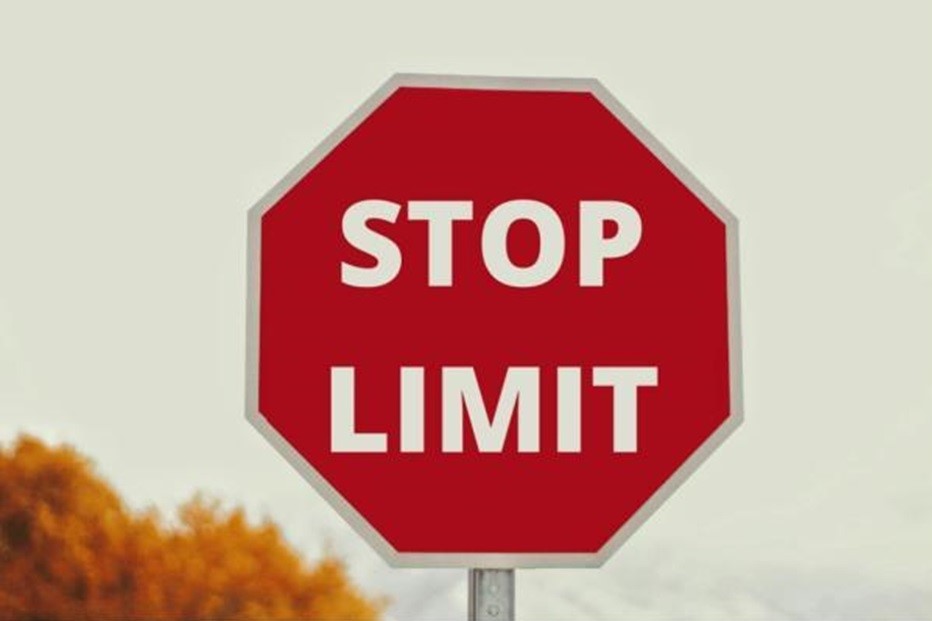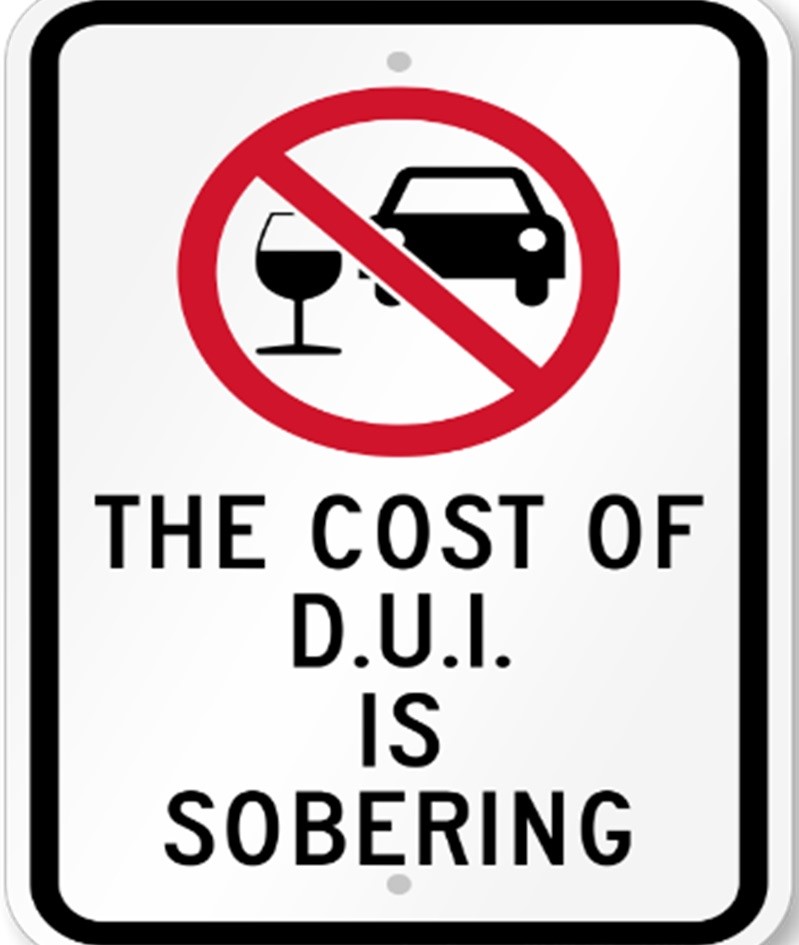What is Driving under the Influence of Alcohol?
Section 70A of the Motor Vehicle and Road Traffic Act creates an offence where a person drives or attempts to drive, or is in charge of a vehicle ‘on a road or other public place if that person has consumed alcohol which exceeds the prescribed limit’.
Driving / Attempting to Drive / In Charge
The terms ‘Driving” and “attempting to drive” under the influence is relatively straightforward, however, the term “in charge” of the vehicle whilst being under the influence is a bit more complex.
The Courts have found that a driver does not have to actually be in his vehicle to be deemed to be in charge of it. For example, if a person has the keys on their person and the vehicle is within their close proximity, they can be deemed to be in control and he or she can be breathalysed and charged by the police if above the limit.
What is the prescribed limit?
In Trinidad and Tobago, the limit is 35 microgrammes in 100 millilitres of breath and 80 milligrammes of alcohol in 100 millilitres of blood.

What are the different tests that can be done?
The Act allows the police to ask for a suspect's blood sample, but if the breath analysis was done and the results are accessible, obtaining a blood sample becomes unnecessary. A breath analysis gives precise alcohol measurements from the breath, while a breath test only gives a rough estimate.
It is important to note that if a suspect wilfully does anything to alter the concentration of alcohol in their breath or blood between the time of the event and undergoing the test or analysis is guilty of an offence and can be charged.
What is the procedure for conducting a Breath Analysis (Breathalyser Test)?
The procedure for conducting the breath analysis is as follows:
Step 1 - if suspected of driving under the influence, the officer must warn the suspect that failure to submit to the test can result in prosecution.
Step 2 - The officer must then take two separate breath specimens, which must not be less than two minutes apart. The test which exhibits the lower limit will be taken to be the result of the analysis. When both tests are taken, should the person be over the prescribed limit, the officer will then generate a signed certificate containing the following:
- That he is authorised by the Minister to operate the breath analysing instruments;
- The name of the person whose breath is being analysed;
- The apparatus used was approved by the Minister;
- The date and time of the analysis;
- The concentration of alcohol determined by the instrument.
Step 3 - The certificate together with copies of the print out from both tests must be provided to the person who submitted to the analysis within one hour of the test.
Calibration
Under the Act the officer does not have to provide evidence that the device was properly calibrated or in a functioning condition, unless “evidence that the instrument was not in proper condition or was not properly operated has been adduced.”
What is the penalty?
On first conviction, someone found guilty of a DUI may be required to pay a fine up to twelve thousand dollars ($12,000.00) or imprisonment for three (3) years, and on a second conviction, to a fine of twenty-two thousand ($22,000.00) or five (5) years imprisonment. On Two consecutive convictions one may be disqualified from driving for a period of three (3) years, and may face permanent disqualification on a third conviction.
Should one plead guilty to a DUI, the Court may consider the extent to which the person was above the prescribed limit in determining their sentence.

What if I refuse?
One is entitled to refuse to take a breathalyser test, and the police cannot force anyone to do so. However, under the Act, should you fail to provide a breath specimen without reasonable excuse, you can be charged and on conviction be fined up to twelve thousand dollars ($12,000.00) or imprisonment for three (3) years.
“Reasonable excuse” is determined on a case-by-case basis. Generally, if a person has a medical condition which makes him or her unable to take the test, this may be found to be a reasonable excuse. If, however, one is medically unfit to take the breathalyser test, they must provide cogent medical evidence before the court.
In summary, the following are some of the offences under the Act relative to DUI:
- Driving, attempting to drive or being in charge of a vehicle under the influence;
- Failure or refusal to provide a breath sample; and
- Altering or tampering with the concentration of alcohol in your breath.
Submitted by:
Nicholas Rampersadsingh and Adaphia Trancoso-Ribeiro
Public Defenders’ 11 Seniors
Public Defenders’ Department
Legal Aid and Advisory Authority,
23 Stanmore Avenue, Port of Spain.
Contact: 638-5222
Email:
Published in The Trinidad Express on Tuesday 24th May, 2024







